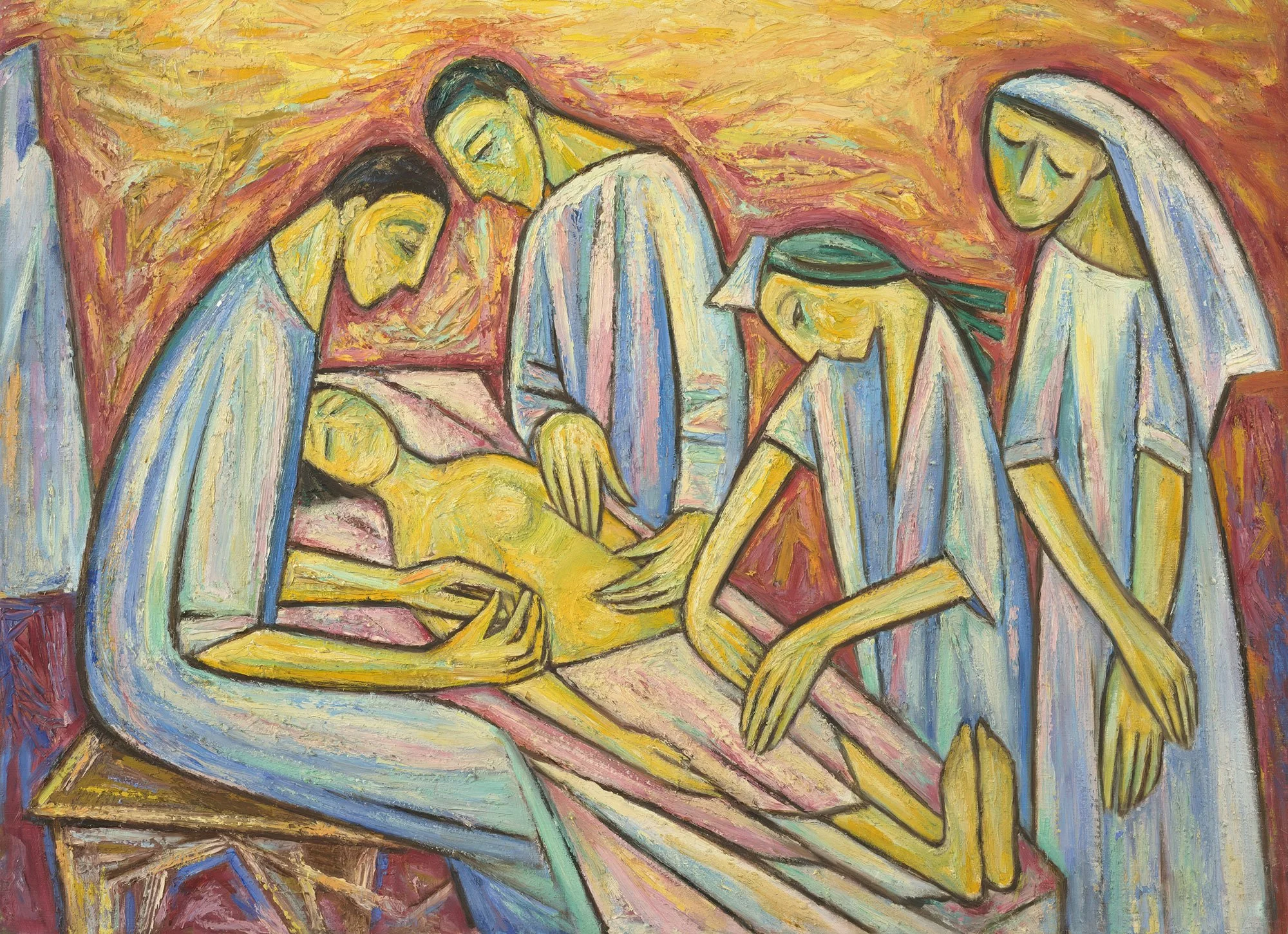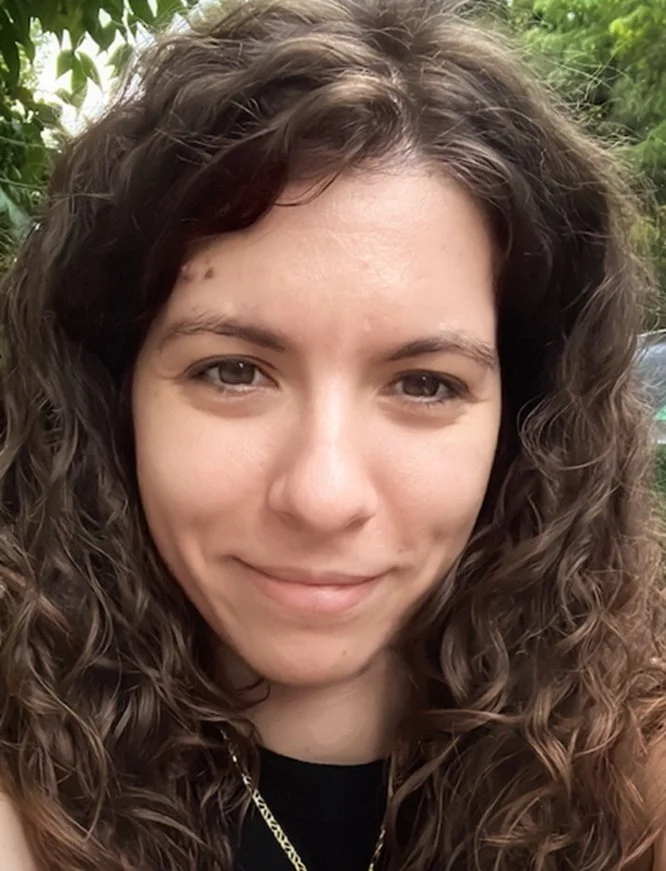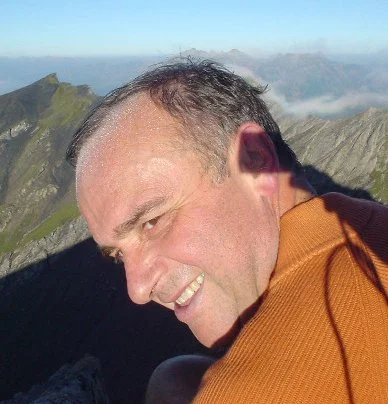Isabel Andrade
Isabel Andrade is an accomplished Drama Therapist, Theatre Educator, Director, and Actress with over ten years of experience in this form of art and in psychosocial intervention. Based in Montreal, she uses theatre to empower children, teenagers, adults, and the elderly, helping them develop soft skills, address behavioral challenges, and heal from trauma, anxiety, depression, and other mental health concerns. Isabel holds an MA in Creative Arts Therapies from Concordia University. She currently supports families and friends of individuals with mental illness, and she recently opened her own drama therapy private practice. Passionate about education and community, she is developing a theatre school to expand access to transformative arts-based learning. Isabel believes that theatre, rooted in play and movement, fosters happiness, resilience, and self-giving, qualities she champions in her work.
Dr. Bernard Brais
Bernard Brais MDCM MPhil PhD FRCP(C) is a neurogeneticist and historian of medicine, Professor of Neurology and Human Genetics at McGill University, and Clinical Chief of the Rare Neurological Diseases group of the Montreal Neurological Institute. His research largely focuses on the genetic basis of rare neuromuscular disorders and ataxias with founder effects in the French-Canadian population of Quebec. He played a leading role in the identification of the first pathogenic variants in different genes responsible for hereditary conditions more common in Quebec. He is particularly interested in uncovering the genetic basis of late-onset neurological diseases.
Dr. Keri Brenner, MD, MPA
Clinical Associate Professor of Medicine, Stanford University
Dr. Keri Brenner is a palliative care physician and psychiatrist whose work bridges science, care, and meaning. She serves on Stanford’s inpatient palliative care team and has devoted her academic career to exploring the psychological, existential, and psychodynamic dimensions of serious illness. Inspired early on by formative service in Mother Teresa’s Home for the Dying in Kolkata, she holds an MD from Yale (with honors for her thesis on suffering in terminal illness), a Master’s in Public Administration from Harvard Kennedy School, psychiatry training at Massachusetts General Hospital, and a fellowship in palliative care at Harvard. Outside of academic medicine, Dr. Brenner enjoys her local faith community and the outdoors of Northern California with her husband and four children.
Fabio Catani
Professor Fabio Catani completed Medical School at the University of Bologna, Italy and his residency in orthopedic surgery and physiotherapy at the Istituto Ortopedico Rizzoli of Bologna, Italy. He has been trained in joint biomechanics and motion analysis at Mayo Clinic, MIT, and Nuffield Orthopedic. He is currently Chief of the Orthopaedic Department and Full Professor at Modena University Hospital, Modena, Italy.
He is an internationally recognized expert in joint arthroplasty surgery focusing on motion analysis and innovation technology, such as computer assisted surgery and robotic surgery. He is also an expert on research and educational endeavors to make patients more satisfied with their knee and hip arthroplasty, increasing their ability to perform daily living activities. His contributions to the orthopaedic community have focused on improving surgical techniques, understanding the pathomechanics of orthopaedic diseases, and quantifying the patient outcomes. He has patents on ankle, knee designs, and orthopaedic sensoring devices. In recognition of his work, he has received numerous awards, including the Mark Coventry Award, assigned by the American Knee Society.
Professor Catani is often asked for insight and investigation of contemporary orthopaedic issues. He has authored numerous journal articles, book chapters, abstracts, and other written publications. He is an active member of the European Hip Society, international member of the American Knee Society and is Past-President of the European Knee Society.
Francesca Catapano
My name is Francesca Catapano. Originally trained as a nurse, I continued my education to become a genetic counsellor, and I am now in the final year of my PhD. My doctoral research focuses on supporting families with a child affected by a genetic condition. My study aims to explore how best to help these families—not only from a clinical standpoint but also in their everyday lives and in fostering their child’s autonomy. Our work has a dual aim: on one hand, to celebrate and embrace diversity; on the other hand, to use medicine as a means to address the challenges these families face, both clinically and in their daily lives, while fostering the child’s autonomy. This mission is deeply inspired by the renowned physician and professor Jérôme Lejeune, who famously said: “Hate the disease, love the patient.”
Mauro Ceroni
Mauro Ceroni was born in Oltre il Colle near Bergamo on 12/7/1951. He attended the Classical High School in Bergamo, graduated in Medicine and Surgery in Pavia, and specialized in Neurology in 1979. He dedicated himself to the Neurological Clinic, and from 1986 to 1990, he was in the USA at the NIH in Bethesda as an Experimental Neurobiologist contributing to the discovery of the nature of prions (mad cow disease). He is the author of over 230 articles in international journals. He is the head of the General Neurology Department at the Mondino National Neurological Institute and an Associate Professor of Neurology at the University of Pavia. He is the co-author of Consciousness, a 1087-page book on consciousness and neuroscience.
Dr. Margaret Chisolm
Dr. Chisolm is Professor of Psychiatry and Behavioral Sciences at Johns Hopkins University. Board-certified in general psychiatry, she has over 3 decades of clinical experience, has served as PI or co-investigator on multiple nationally funded research projects, and has authored over 150 scientific, clinical, and medical education papers and book chapters on psychiatric disorders and humanistic medical practice. In addition, she has published two textbooks and an award-winning book for patients and families living with mental illness: From Survive to Thrive: Living Your Best Life with Mental Illness. Dr. Chisolm is a member of the Miller Coulson Academy of Clinical Excellence and the Director of the Paul McHugh Program for Human Flourishing, where she uses the arts and humanities to explore the ‘big questions’ with medical learners—what it means to be human, to be a physician, and to lead a good life (for doctors and patients). She completed the Harvard Macy Institute Art Museum-based Health Professions Education fellowship and is a certified Visual Thinking Strategies facilitator and coach.
Ivanka Galadza
Ivanka Theodosia Galadza is an illustrator and art therapy student. She has a Bachelor’s in Fine Arts from Concordia University and is completing her MA equivalent graduate diploma at Toronto Art Therapy Institute. She has published two graphic novels. Ivanka is currently specializing in group art therapy addressing bereavement and grief.
Cynthia Iorio
Cynthia Iorio is a Certified Caregiving Consultant™ and Program Management Professional based in Montreal, QC with over 20 years of experience working in Tech, Media, and Aerospace. Her life has been shaped by what she calls the privilege of caring for both of her late parents through their untimely illnesses, and she has a deep understanding of the sacrifices and triumphs of taking on an informal caregiving role. Through her business Monarque Solutions and Top 100 podcast Love.Transform.Evolve, which explores the caregiver’s experience, Cynthia is transforming perspectives in caregiving while empowering organizations to partner with their working caregiver demographic, turning a perceived liability into a competitive advantage.
Arthur Kleinman
Arthur Kleinman, MD, author of The Soul of Care: The Moral Education of a Husband and a Doctor (Penguin/Viking 2019), is one of the most renowned and influential scholars and writers on psychiatry, anthropology, global health, health and medicine in China, and cultural and humanistic issues in health and medicine. Educated at Stanford University and Stanford Medical School, Kleinman has taught at Harvard for 50 years. He is currently a professor of global health and social medicine and a professor of psychiatry at Harvard Medical School and the Esther and Sidney Rabb Professor of Anthropology in Harvard’s Faculty of Arts and Sciences. He has been the Victor and William Fung Director of Harvard University’s Asia Center (2008 – 2016); Chair, Department of Social Medicine (1990-2000); and Chair, Department of Anthropology (2004-2007). Kleinman is the author of six other books, including Patients and Healers in the Context of Culture; Rethinking Psychiatry; The Illness Narratives: Suffering, Healing, and the Human Condition; and What Really Matters. His co-authored volumes include Reimagining Global Health with the late Paul Farmer and Jim Kim, his former students, as well as A Passion for Society with Iain Wilkinson. He is the co-editor of 29 volumes, the founding editor of Culture, Medicine and Psychiatry, and the author or co-author of more than 350 journal articles and book chapters. He was the senior editor of the first World Mental Health Report, Director of the Out of the Shadows Report on Mental Health for the World Bank, and editor of the Fall 2023 issue of Daedalus, the journal of the American Academy of Arts and Sciences, on Mental Health. Kleinman is a member of the National Academy of Medicine and of the American Academy of Arts and Sciences, and a past member of NIH’s Council of the Fogarty International Center and Council of Councils. Amongst his awards are the Franz Boas Award from the American Anthropological Association, a Guggenheim Fellowship, the Tanner Lectures (which he delivered at Stanford in 1998), an Honorary Doctorate from York University in Canada, and election to Honorary Academician of Academia Sinica in Taiwan. He has also received the Magnolia Award from the city of Shanghai. He is a Distinguished Lifetime Fellow of the American Psychiatric Association. Kleinman currently directs a project on Social Technology for Global Aging and Eldercare in China at Harvard that involves faculty and students from six of Harvard's schools as well as several of his former students who are now professors in China. Kleinman has mentored more than 100 PhD students, more than 250 postdoctoral fellows, hundreds of medical students, and thousands of undergraduates in his 50 years at Harvard.
Alessandra Pedrocchi
Alessandra Laura Giulia Pedrocchi, PhD in Bioengineering, is Professor of Biomedical Engineering at the Informatics and Bioengineering Department of Politecnico di Milano, POLIMI. She received post-doctoral training from the Bioengineering Center (Fondazione Don C. Gnocchi IRCCS ONLUS and POLIMI) and from POLIMI. In 2017, she was a Visiting Professor at the University of Southern California.
Since 2004, she has been teaching at the Graduate School of Biomedical Engineering at the POLIMI of Neuroengineering. She is the director of the master Rehabtech (https://www.rehabtech.polimi.it). She is one of the founders of the NeuroEngineering and Medical Robotics laboratory.
Alessandra’s research interest is neuroengineering, including biomechanics in motor control, neurorobotics, brain modelling, design of new technologies for neurorehabilitation, the study of the correlation between brain plasticity and functional recovery, and explainable trustworthy artificial intelligence models to support clinical decisions, especially in medical oncology and Cancer research.
She is one of the scientific PIs of POLIMINT, the Joint Research Center of POLIMI, and the National Cancer Institute (Fondazione Istituto Nazionale dei Tumori, IRCCS- INT), and she co-founded the European Society for AI in Cancer research, ESAC. She is co-founder and scientific advisor of 2 start-up companies, Agade s.r.l. and AllyArm s.r.l.












